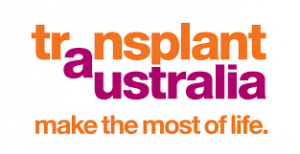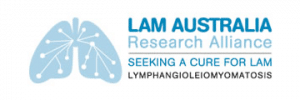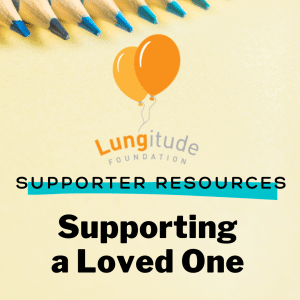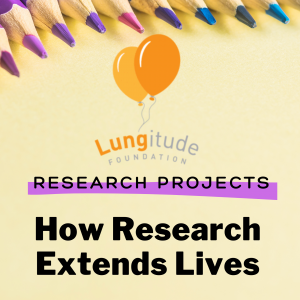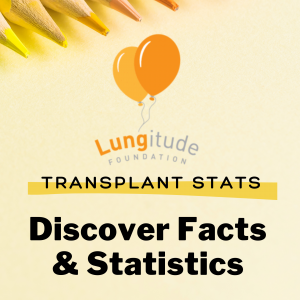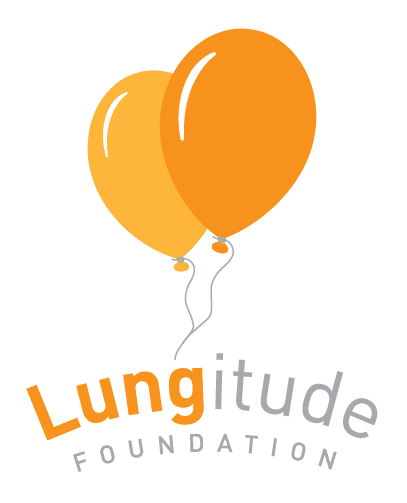There are hundreds of Australians living with a lung transplant every day.
They are being given a second chance to live with thanks to the generosity of their donor and donor family.
It is exciting how much patient outcomes have improved since Australia’s first lung transplant in 1986.

Lung transplant patients in Australia continue to benefit from the expertise of world-class specialists, surgeons and lung transplant clinical & research teams.
As a great example, The Alfred’s patient outcomes following lung transplantation remain the world’s best with 95% @ 1year and 74% @ 5year survival rates; figures that are significantly better than those reported by the International Society for Heart and Lung Transplantation Registry.
If you are a lung transplant patient in Australia you’re in excellent hands.
We also realise that you will understandably have many questions about having a lung transplant.
The following resources have been compiled to help you.
Note: While we make every effort to make sure the information in this website is accurate and informative, the information does not take the place of professional or medical advice. We can’t guarantee accuracy of any third party content or that it will apply to you.
Lungitude Online Peer Support Network
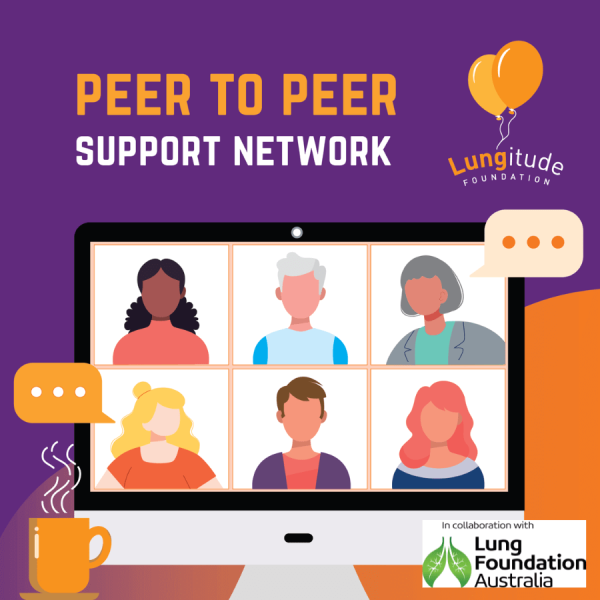
Join our Lungitude Online Peer Support Network and connect with other lung transplant patients and primary supporters.
We recognise that there is a need for further support for patients beyond just the physical, and that every lung transplant patient has a primary supporter who also needs support. We have established a Lungitude Online Peer Support Network, with support from the Lung Foundation, to enable the sharing of ideas and tips for managing the practical and emotional challenges of the lung transplant journey.
Lungitude Patient and Primary Supporters Video Series
Our first video features four lung transplant patients sharing their journeys and mental health tips. If you are interested in participating in future videos please contact us.
Discover practical tips from four lung transplant patients who share their journeys and what has helped them.
Ten minutes of insights into what it can be like to have a second lung transplant.
This is a video interview with Dr Chi Li who is a palliative care specialist in Australia who works with lung and heart transplant patients and their families.
Palliative care is a medical speciality that helps people live well despite having a life-threatening or limiting illness causing them suffering. Palliative care is not just end-of-life care or medical interventions.
We understand that palliative care can be a sensitive and emotional topic for some viewers. We acknowledge that this topic can be challenging to discuss, and we encourage you to take breaks or seek support if you feel overwhelmed by this content or have any further questions.
Food Safety Reminders
Lungitude Patient Booklet
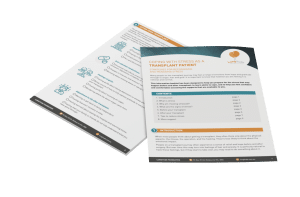 We recognise that there is a need for further support for patients who may dealing with stress. Our Coping with Stress as a Transplant Patient Booklet is a great resource that you can read online or download for printing. We encourage you to share it widely with anyone who may benefit.
We recognise that there is a need for further support for patients who may dealing with stress. Our Coping with Stress as a Transplant Patient Booklet is a great resource that you can read online or download for printing. We encourage you to share it widely with anyone who may benefit.
You may also like to check out our Facebook Page where we share all sorts of articles and stories.
The Lung Foundation Australia is a charity that delivers life-changing research and programs that support and provide hope to people of all ages with a lung disease, and their families, at every stage of the journey.
They are focused on the needs of those living with lung disease, so their resources are also useful for patients who are pre transplant managing their condition.
We are excited to be collaborating with the Lung Foundation Australia to bring you our Lungitude Peer-to-Peer Online Support Network. Why not join us!
The Lung Foundation Australia’s Resources section is comprehensive including:
-
- Maintaining Movement Videos – Armchair and Kitchen exercises
- Better Living with Exercise Handbook (click here for hardcopy version)
- Home Oxygen Booklet
- Outdoor Air Pollution and Lung Disease Fact Sheet
- Indoor Environment and Lung Health Fact Sheet
- The Common Cold Fact Sheet
- Fitness to Fly Fact Sheet
- Influenza Fact Sheet
- Lung Function Tests Fact Sheet
- Bronchoscopy Fact Sheet
- Portable Oxygen Travel Tips Fact Sheet
- Home Oxygen Paper
- Lung Transplantation Fact Sheet
- Know Pneumonia: Signs and Symptoms
- Know Pneumonia Infographic
- Lung Transplantation for Pulmonary Fibrosis
- The Lung Fact Sheet
- Support Groups
Transplant Australia is a charity which supports transplant recipients and their families; people on the waiting list, donor families, living donors, healthcare professionals and all those touched by organ and tissue donation.
They are most well known for their programs which encourage physical activity to increase survival rates in transplant recipients, like the Australian Transplant Games and Fit for Life.
Transplant Australia has extensive information about Living with your Transplant which steps you through what to expect from the few days through to what you can and can’t eat, to the way you manage relationships, sex, medication and travel, putting the power in your hands as you navigate life after transplant.
The Heart and Lung Transplant Trust (Victoria) Inc. (HLTTV) is a not-for-profit association whose membership consists of heart and lung transplant patients, recipients, their carers and families.
HLTTV are associated with The Alfred Hospital in Melbourne and are a resource for support, education and advocacy. If you are a patient or carer of The Alfred then you may be eligible for their Financial and Social Support. They also have Recipient Videos and a Gallery of Recipients enjoying life.
HLLTV has information about their Patient Help Desk, and the Pre, During and Post phases of the transplant journey, and Patient Booklets.
There are many wonderful organisations supporting people with specific lung conditions. You can find many of these online and examples are below.
LAM Australia Research Alliance is a not for profit charity supporting members throughout Australia.
The Association is run by a volunteer committee who are supported by generous professionals and medical experts who provide their services free of charge.
They exist to support Women Living with LAM, to provide peer support and social connections for our members and to build awareness and knowledge of LAM in the community and to fund research to improve the health outcomes of women living with LAM.



